
1 Powerful Mineral to Stop Sciatica & Relieve Nerve Pain
1 Powerful Mineral to Stop Sciatica & Relieve Nerve Pain
If you suffer from sciatica or nerve pain, there’s one mineral you may be overlooking that could offer substantial relief—magnesium, and more specifically, a highly absorbable form of it.
Let’s explore how this essential mineral can support your nervous system, ease inflammation, and reduce the debilitating pain associated with conditions like sciatica, diabetic neuropathy, and other nerve-related disorders.

🧠 Why Magnesium Is Crucial for Nerve Health
You might be asking, “Why magnesium?”
The answer lies in the vital role this mineral plays in the function, protection, and repair of your nervous system.
Magnesium is involved in over 300 biochemical reactions in the body, many of which are directly tied to neurological function. It’s essential for:
-
Nerve signal transmission
-
Neuromuscular conduction
-
Muscle relaxation
-
Reducing inflammation and oxidative stress
When it comes to nerve pain—whether from injury, disease, or structural issues—magnesium can act as both a protector and a healer.
🔌 How Magnesium Helps the Nervous System Function Properly
From a neurological standpoint, magnesium is a key player in maintaining healthy communication between your brain and body.
Here's how:
-
Supports nerve signal conduction: Magnesium ensures your nerves send signals properly, which is especially important in conditions like sciatica and neuropathy, where signal transmission is often disrupted.
-
Prevents nerve overstimulation: It regulates activity at the NMDA receptors in the brain and nervous system. Overactive receptors can lead to excitotoxicity, where nerves become overstimulated and die off—contributing to disorders like Alzheimer’s, multiple sclerosis, and chronic nerve pain.
-
Reduces muscle tension: Muscle tightness and spasms often accompany sciatica and worsen nerve compression. Magnesium acts as a natural muscle relaxant, easing tight muscles and relieving pressure on nerves.
-
Fights inflammation: Chronic nerve pain is often rooted in inflammation. Magnesium reduces pro-inflammatory markers, aiding recovery and minimizing pain signals.
🔬 What the Research Says
A 2018 study published on PubMed showed that magnesium supplementation helped promote regeneration of the sciatic nerve and reduced the inflammatory response in experimental models. These findings suggest that magnesium isn’t just relieving symptoms—it may help reverse some of the underlying damage.
⚡ Understanding Sciatica Pain
Sciatica is a common condition that occurs when the sciatic nerve—the body’s longest nerve—gets irritated, compressed, or inflamed. This nerve runs from your lower spine through your hips and buttocks, and down each leg.
Typical sciatica symptoms include:
-
Sharp or burning pain down the leg
-
Tingling or numbness in the foot
-
Weakness in the affected leg
-
Pain that worsens with coughing, sneezing, or sitting for long periods
The most common causes of sciatica include:
-
Herniated discs
-
Spinal stenosis (narrowing of the spine)
-
Bone spurs
-
Trauma
-
In rare cases: tumors, infections, or nerve damage from diabetes
💊 How Magnesium Alleviates Sciatica Pain
Magnesium addresses several root causes of nerve pain—not just the symptoms.
Here’s how it works:
-
Reduces inflammation around compressed nerves
-
Relaxes surrounding muscles that may be pressing on the sciatic nerve
-
Regulates calcium channels and blocks NMDA receptors to prevent overexcitation and nerve death
-
Promotes nerve regeneration, including repair of the myelin sheath—the protective coating around nerve fibers
By doing all of this, magnesium enhances nerve healing, reduces pain intensity, and can improve mobility in people suffering from chronic nerve pain.
🏃 Magnesium’s Role Beyond Nerve Pain
Magnesium’s benefits go well beyond sciatica relief. Every single cell in your body needs magnesium to function properly. Roughly 60% of your magnesium is stored in your bones, while the rest is found in muscles, tissues, and fluids.
Magnesium helps support:
-
Healthy heart rhythm
-
Balanced blood sugar and insulin levels
-
DNA repair and cell regeneration
-
Energy production and muscle performance
-
Relief from conditions like fibromyalgia, chronic fatigue syndrome, and even anxiety and insomnia
It’s no exaggeration to say that magnesium is one of the most important yet most overlooked nutrients in modern health.
🚨 Magnesium Deficiency Is Shockingly Common
Despite its importance, up to 70% of adults are magnesium deficient, either due to poor diet or underlying health issues.
Here’s why:
-
Low dietary intake: Many people simply don’t eat enough magnesium-rich foods like spinach, nuts, seeds, and legumes.
-
Poor soil quality: Even if you eat a healthy diet, modern farming practices have depleted the magnesium content in soil—meaning our food today contains less magnesium than it used to.
-
Medical conditions and medications: Diseases like Crohn’s, celiac, and diabetes, along with medications like antacids, diuretics, and acid blockers, can impair magnesium absorption or increase magnesium loss.
-
Alcohol consumption: Excessive drinking can significantly reduce magnesium levels.
If you're dealing with sciatica, nerve pain, or chronic stress, your body likely needs more magnesium than you’re getting from food alone.
🧬 Which Form of Magnesium Works Best for Sciatica and Nerve Pain?
Magnesium supplements come in various forms—but not all are created equal. Some types offer low bioavailability, meaning your body doesn’t absorb them well.
For nerve pain relief, the best choice is:
✅ Magnesium Glycinate
Why?
-
Highly bioavailable: Your body absorbs and uses this form efficiently.
-
Gentle on the stomach: Unlike magnesium oxide or citrate, glycinate is less likely to cause diarrhea or stomach upset.
-
Targets neurological issues: It’s especially effective for nerve pain, muscle cramps, anxiety, sleep issues, and mood disorders.
It’s also beneficial for people with:
-
Multiple sclerosis
-
Fibromyalgia
-
Diabetic neuropathy
-
Chronic fatigue
-
Menstrual issues (PMS)
Magnesium glycinate is also being researched for its role in cardiovascular health, bone strength, and even stroke prevention.
🧾 How Much Magnesium Should You Take?
The Recommended Daily Allowance (RDA) for magnesium varies by age and gender:
-
Men: 400–420 mg/day
-
Women: 310–320 mg/day
However, if you’re managing a condition like sciatica or neuropathy, you may need higher therapeutic doses—as recommended by your healthcare provider.
A good rule of thumb is to start with a moderate dose and increase slowly while monitoring for any digestive discomfort. The upper tolerance limit for supplements is typically around 350 mg/day, not including food sources.
🥗 Magnesium-Rich Foods to Support Supplementation
While supplements can help correct deficiencies, you should also include magnesium-rich foods in your daily diet:
-
Dark leafy greens (spinach, Swiss chard)
-
Pumpkin seeds and sunflower seeds
-
Cashews, almonds, and Brazil nuts
-
Avocados
-
Beans and lentils
-
Salmon and mackerel
-
Whole grains like oats and quinoa
-
Dark chocolate (70%+ cacao)
✅ Conclusion: Magnesium Is a Game-Changer for Nerve Pain
If you’re suffering from sciatica or chronic nerve pain, magnesium—especially magnesium glycinate—could be a turning point in your recovery.
It doesn’t just help relieve symptoms. It targets the root causes by reducing inflammation, supporting nerve regeneration, and protecting your nervous system from further damage.
Given how common magnesium deficiency is and how essential it is to nearly every system in the body, supplementation is often necessary, especially when nerve pain is involved.
Just remember: always speak to your doctor before starting a new supplement—especially if you have kidney disease, take medications, or have any health concerns.
News in the same category


Top 10 Foods to Improve Circulation in Legs and Feet
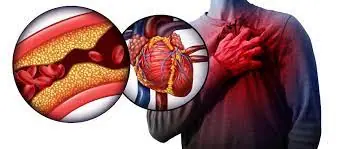
6 Warning Signs of a Clogged Artery Most People Ignore (Cardiologist Alert)
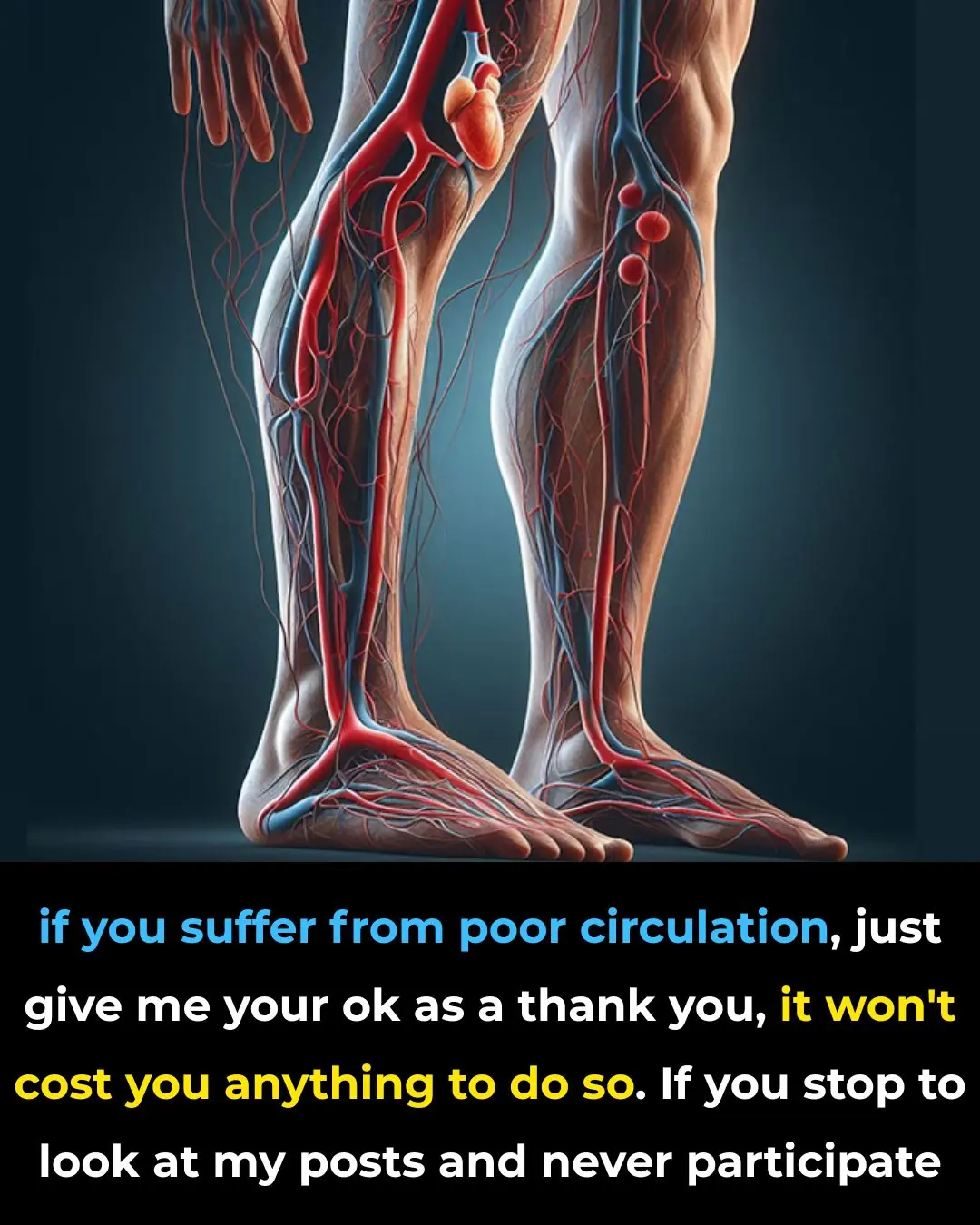
🦵 If You Suffer from Poor Circulation and Your Legs Feel Heavy, Swollen, or Cold — Here’s What Can Help

Should You Sleep With Socks On

Discover The Power of This Miracle Fruit
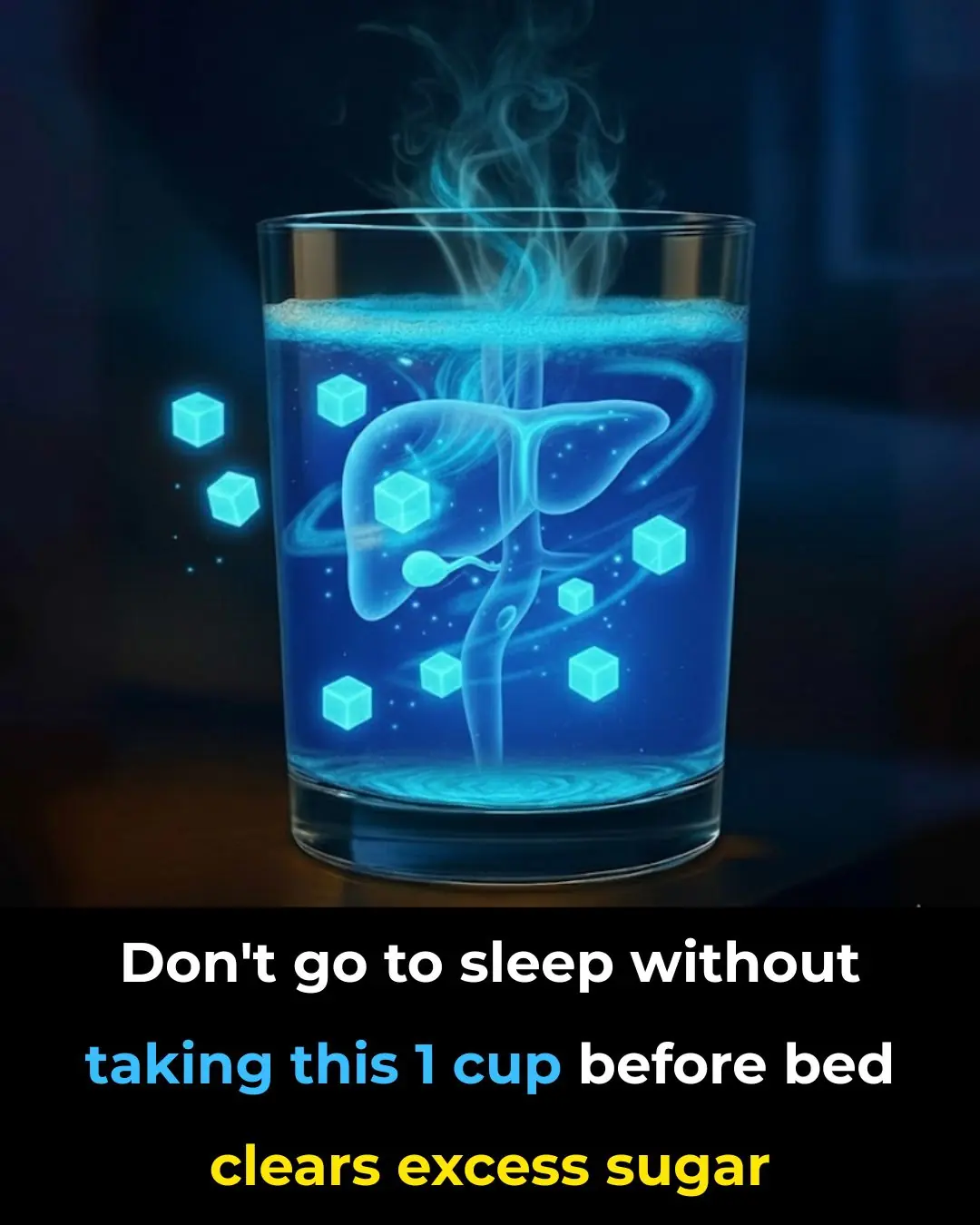
Don’t go to sleep without taking this — 1 cup before bed clears excess sugar

The Real Reason To Drink Lemon Water Revealed

If you have high blood pressure, NEVER do this in the morning
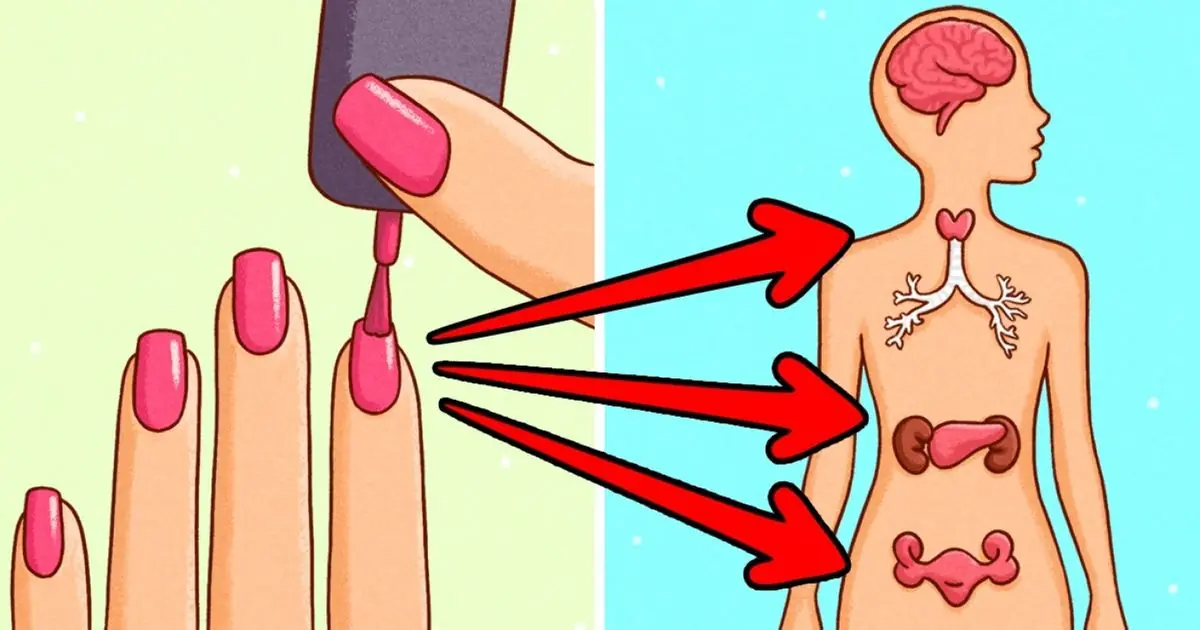
This Is What Happens to Your Body 10 Hours After Putting on Nail Polish

1 Tablespoon of This Before Bed—Fall Asleep Faster Than Ever!

Forget Pills! Just 1/4 Tsp of This Under Your Tongue Melts Away Inflammation

Top 8 Kinds of Fish You Should Never Eat

7 "cheap" fruits that are extremely good for people with fatty liver that everyone should know
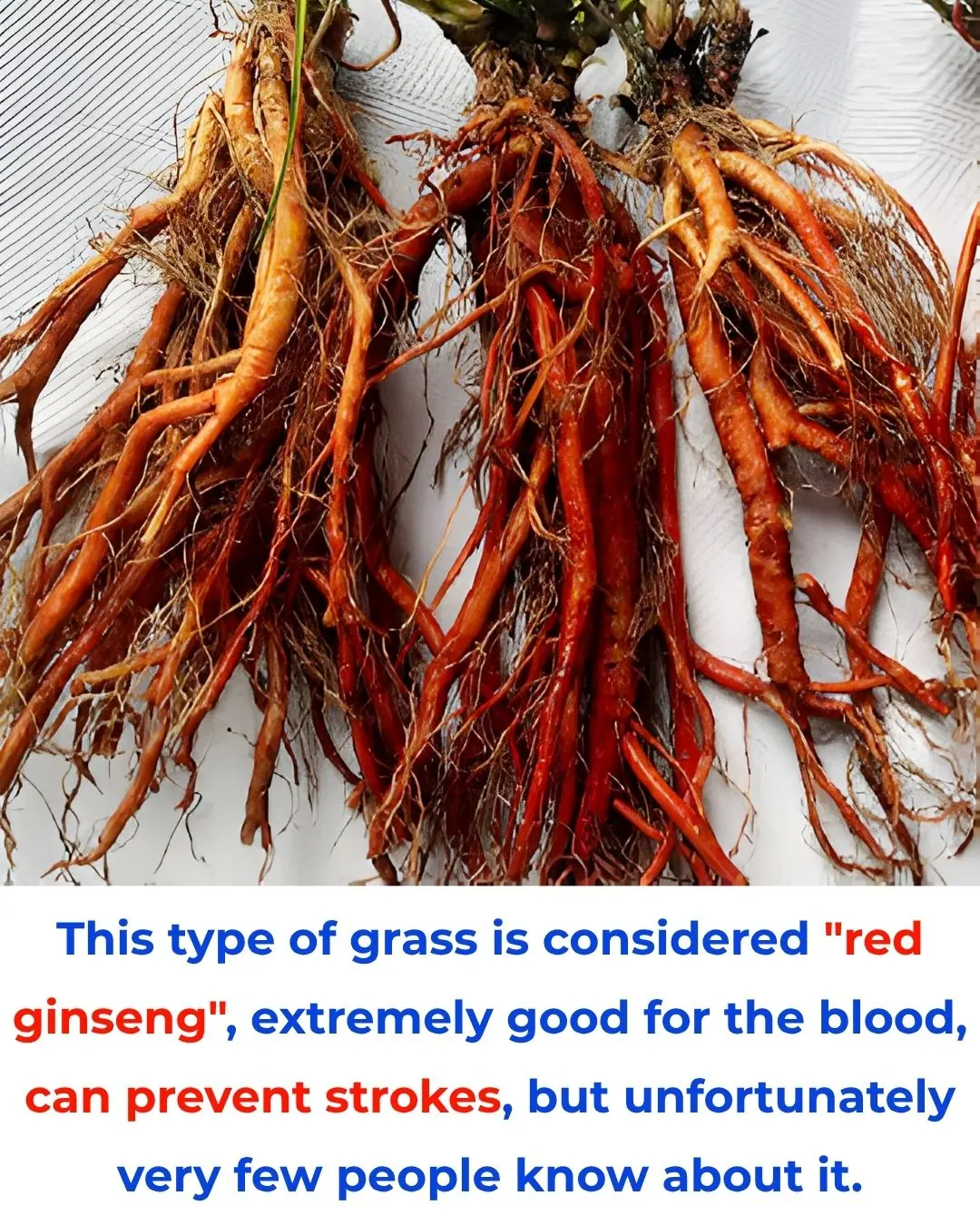
This type of grass is considered "red ginseng", extremely good for the blood, can prevent strokes, but unfortunately very few people know about it

Scientists shocked: this secret spice fights cancer and repairs your body!

Top 10 Magnesium Rich Foods To Lower Blood Pressure

6 Warning Signs Your Body May Be “Nurturing” Can-cer

🤢 The Real Causes of Constant Phlegm & Mucus in Throat — And How to Find Relief
News Post

A Wedding of Love and Courage.

Strength, Tattoos, and Tears of Joy.

The Real McCoys: A Sitcom That Brought Heart to American Homes.

The Last Parade: Tikiri’s Story.

The Man Who Saved the Drowning Bear.

Spots of Joy: The Horse, the Pony, and the Dog Who Became Family.

The $5 Dream: How a Thrift Store Goose Became a Symbol of the American Dream.

Garlic and Rosemary: A Natural Remedy for Joint Pain in Knees, Hips, and Hands

70-Pound Female Bear Rescued After Spending 12 Days with Her Head Trapped in a Jar.

The Last Push: A Leatherback’s Fight for Life.

Top 10 Foods to Improve Circulation in Legs and Feet

Students Raise $20,000 to Buy Beloved School Custodian His Dream Car — A Jeep Wrangler.

Man Gets a Face Full of Octopus — and a Lifetime Ban

Monkeys Crown Panda as Their King — The Great Bamboo Forest Mystery

Grayson – A Story of Strength and Courage in 48 Hours

Evelyn Grace Jackson: A Tiny Warrior’s Legacy of Courage and Love

The Man Who Lives Among Lions: Armand Gerber’s Extraordinary Bond With the Wild.

A Father’s Homecoming That Broke Every Rule but Captured Every Heart.
